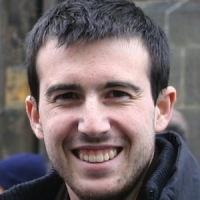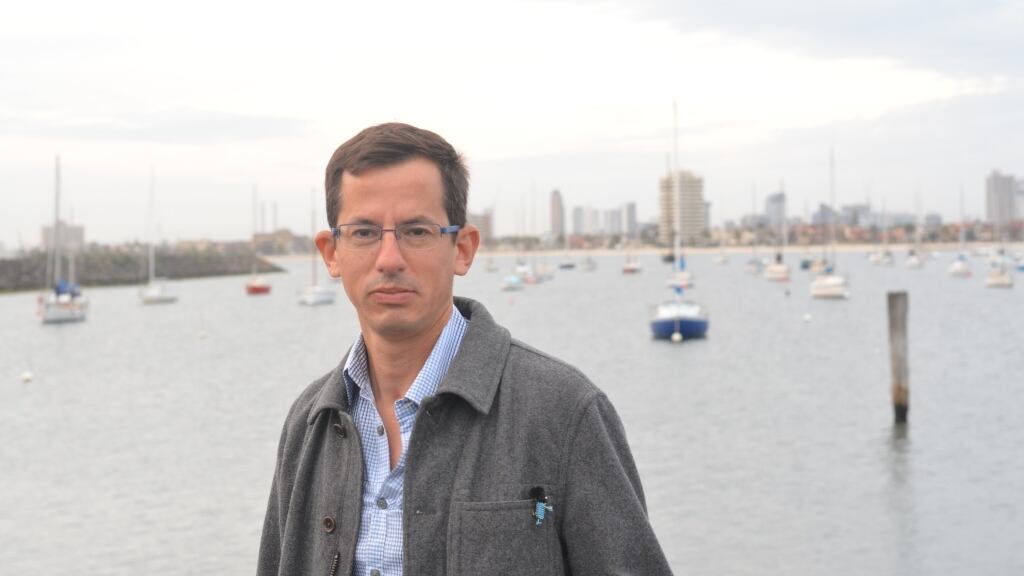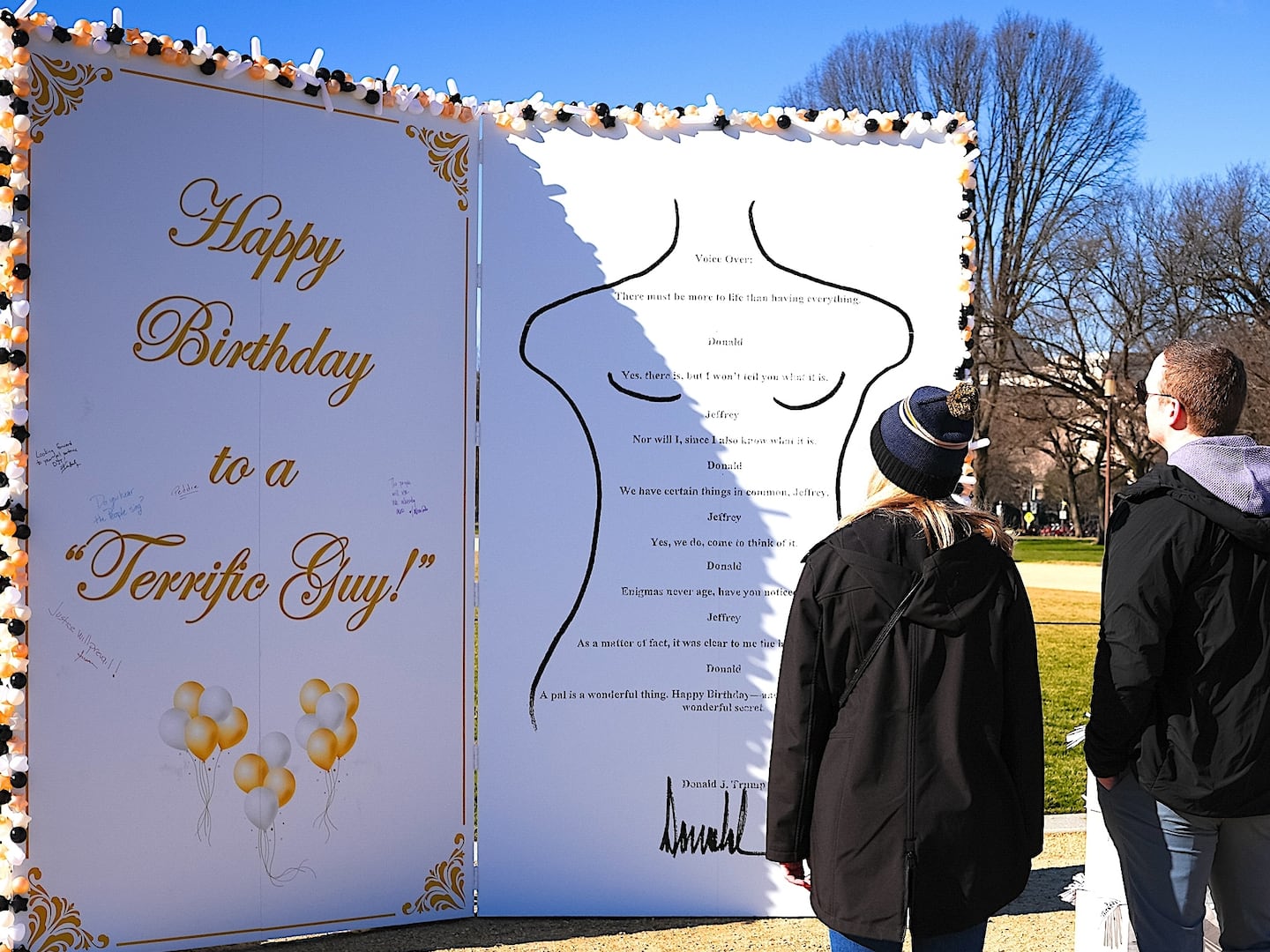For two weeks this month, Hagai El-Ad, executive director of the Association for Civil Rights in Israel (ACRI), visited Australia as a guest of the New Israel Fund Australia Foundation. Only 18 months old, NIF Australia has already achieved a significant aim of its creation: to begin anew a conversation about Israel and Judaism in Australia.

The Jewish community here—dominated by Holocaust survivors and their descendants, and migrants from South Africa and the former Soviet Union—is acutely aware of the importance of multiculturalism and of respecting human rights in Australia. But, paradoxically, though hardly uniquely, the communal leadership has ensured these values aren’t applied in its engagement with Israel.
Blinded by fear of anti-Semitism and the need to over-protect Israel and our conversations about it, the community has landed firmly on the Zionist Right. With a leadership composed almost exclusively of middle-aged Religious Zionist men, the community has developed a thinly veiled enmity towards left-wing Jews and Zionists. Instead of fostering a pluralist Zionist conversation, they largely promote a limited set of views. The lessons of tolerance, human rights, and equality have, over time, been lost and replaced with a myopic Zionism.
Though the establishment sets its "red lines" for inclusion as being anti-BDS and pro-two-state solution, it has embraced, or at best turned a blind eye to, groups on the right, like Ateret Cohanim, which are active campaigners against Palestinian sovereignty. Meanwhile, NIF guests like David Landau, despite firmly fitting the criteria, are demonized. Similarly, NIF’s credentials and leadership are constantly brought into question.
The math just doesn’t add up: Setting boundaries for Zionist conversation, and then ignoring those boundaries to welcome speakers with anti-Palestinian agendas and to undermine liberal Zionists is, quite simply, rank hypocrisy.
The community’s leadership also deliberately weakens public expressions of liberal Zionism. The cancellation of a visit by Naomi Chazan to Australia in early 2010 served as the precursor for a prolonged global campaign against the New Israel Fund. It was as if, to the communal leadership’s sudden surprise, NIF was full of liberals and left-wing Zionists, and was therefore unworthy of engagement. I have been a victim myself, having been terminated as a columnist at the country’s only Jewish newspaper for daring to support a boycott of settlement goods.
Fully understanding the causes of this dynamic is difficult, but the unbroken right-wing communal leadership and the impact of the Holocaust no doubt contribute to wanting to protect Israel and Diaspora Jews.
Which is why El-Ad’s visit is so crucial. Throughout, a common theme of his talks was an urge to have a “real relationship with a real Israel…not a fake relationship with a ‘Disneyfied’ version of Israel.” Each time he said that, I watched the crowd lift their heads. It was as if they paused, reflected back on his discussion of the human rights violations in the Occupied Territories, of Bedouin displacement in the Negev, of Israel’s mistreatment of asylum seekers and refugees, and realized this was the first time they were actually engaging in these real-world-Israel issues.
His visits to Jewish day schools, in particular, provoked such responses. The occupation, when it is dealt with, is not understood as something that necessarily creates terrible human rights violations and undermines the long-term viability of the Jewish-democratic Zionist project. The ‘aha’ moment with regard to the occupation and the realities facing refugees and asylum seekers, when El-Ad spoke, was that Israel faces these issues, and that bringing them to light is okay. In a small way, his visit contributed to a wider understanding of Israel.
Given everything Jews have been through, and given how close Australian Jewry has been to these catastrophes, it’s not surprising there is a desire to shelter or be sheltered. But creating an atmosphere in which views held by loving and concerned Zionists are marginalized is precisely the wrong way to go, not only as a matter of principle, but because of the way young Jews are disengaging like never before.
El-Ad’s message of human rights and his plea to challenge assumptions ingrained over the decades has further challenged the self-perceived right of the communal leadership to act as marshals of Zionist conversation, deciding who is allowed in and which opinions are kept out. Recently, because of organizations like NIF, members of the community have begun rejecting that paradigm. Being exposed to Israel’s wrongs brings an appreciation for how we can contribute to curing them. These messages don’t delegitimize Israel, they add to its strength.






